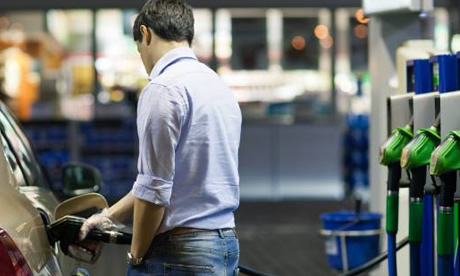The voices of a church, a charity and an economist are raised against the government’s petrol tax.
They say that it is regressive and will hurt Auckland’s poor the most.
Transport minister, Phil Twyford, says he wants a fuel excise duty increase of between nine and 12 cents a litre.
Furthermore, Aucklanders would have to pay a council tax on petrol. The combined taxes may cost them an extra 20 cents per litre.
Twyford says he would use the money to pay for improvements to road safety and rapid rail.
But the poor – owners of older, less fuel-efficient cars – will bear the brunt of the petrol tax, critics say.
The Automobile Association (AA) has found the taxes will cost each motorist around $250 a year.
The Salvation Army calls the combined Auckland taxes a double-whammy fuel cost increase.
Lieutenant Colonel Ian Huston heads the charity’s social policy and parliamentary unit.
He has “some concerns” about the cost of transport for people on limited budgets.
He says that car-dependent families struggling to meet costs may first cut food spending, then power to defray the increased costs of getting to and from work.
Economist does sums
NZ Initiative economist, Sam Warburton, says petrol excise duty is grossly regressive.
He says the tax will hurt owners of older cars most.
The amount of fuel tax people will pay varies by how much fuel their vehicle uses.
“It’s easy to imagine that low-income people have older, less fuel-efficient vehicles and that, with bigger families, Māori and Pacific Island families might more often own vans and bigger cars.”
He says the new petrol taxes, combined with existing ones, will cost poor families $1,100 dollars a year. That’s more than twice the cost to owners of modern cars.
The further the poor drive, the worse off they’ll be, he says.
The government argues that better public transport will help the poor more in the long run.
But Auckland Action Against Poverty (AAAP) says the petrol taxes will hurt the poor the most.
AAAP says the government has hamstrung itself by its unwillingness to introduce progressive taxation or increase Government spending.
Instead, it says the government relies on regressive taxes that do nothing to redistribute wealth in this country.
Source:
Additional readingNews category: New Zealand.




